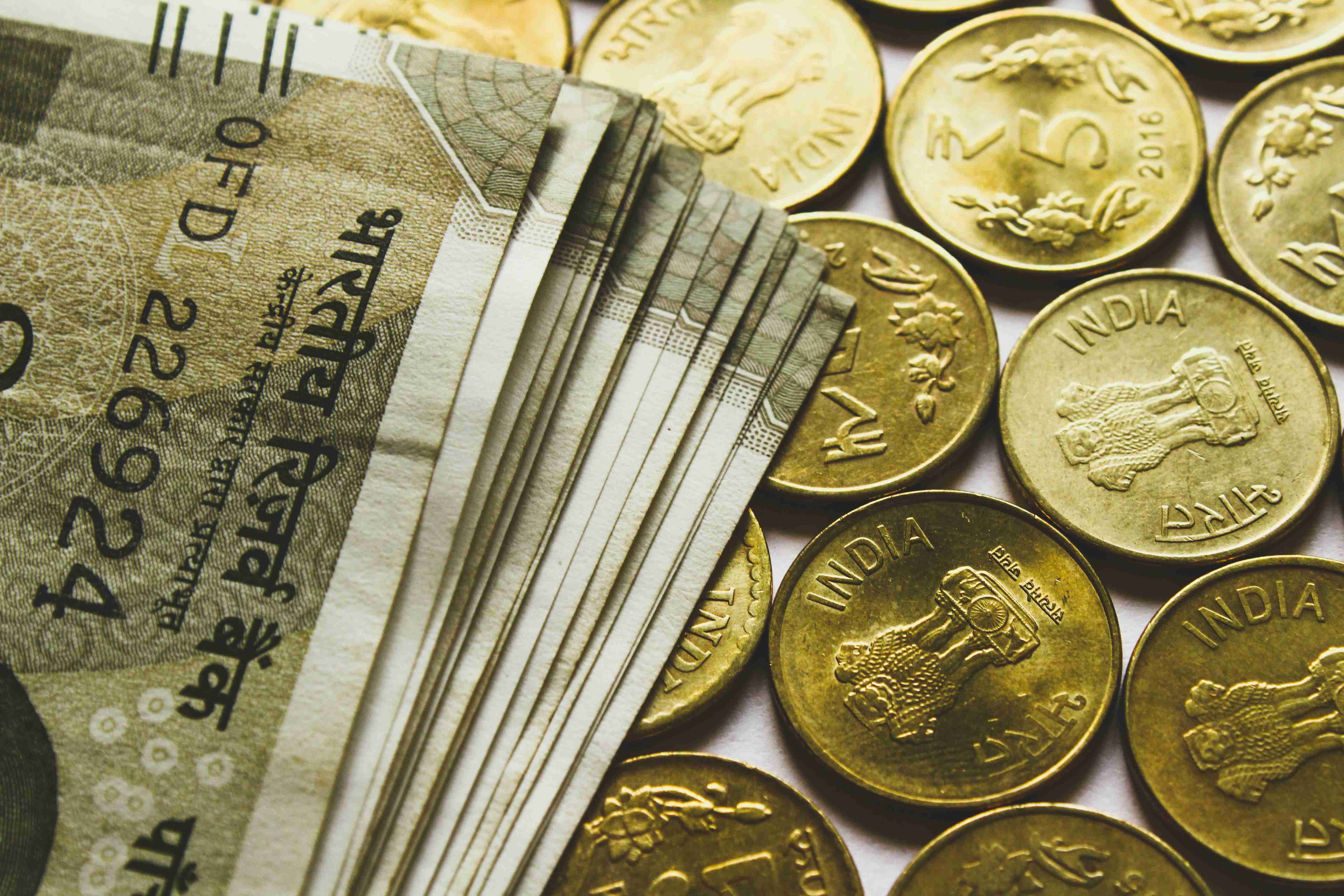An orchestrated fall?

On Tuesday, the Indian Rupee recovered marginally below the 80-per cent mark from an all-time low of 80.13 per cent registered on Monday. The Monday downslide was most likely triggered by Jerome Powell's hawkish remarks at the Jackson Hole conference. Powell, in his speech, laid an unambiguous focus on anchoring price stability and bringing down inflation below the two-per cent mark. His remarks were a clear indicator that the Fed will further raise the interest rates by at least 75 basis points in the coming meeting in September. Notably, the US Fed has, until so far in 2022, hiked policy rates by more than 150 basis points. Powell remarked that "while higher interest rates, slower growth, and softer labour market conditions will bring down inflation, they will also bring some pain to households and businesses". He termed these pains to be "unfortunate costs of reducing inflation". His argument was that "failure to restore price stability would mean far greater pain". Basically, he was pointing towards domestic considerations behind raising interest rates. What Powell is also certainly aware about is that the outcome of consistent policy rate hikes by the Fed will bleed many economies and weaken many currencies, though he didn't speak of it! Just like many other currencies, the Indian Rupee is also witnessing fallouts of potential Fed rate hikes, as also of the bold and indicative remarks of Powell. To justify the Fed rate hikes, he cited lessons from the infamous inflation of the 1970s. Apparently, Powell is not just trying to evade tangible dangers of high inflation, he is also, as a precautionary measure of sorts, trying to promote a positive perception around inflation among the American population — a luxury only a few countries may be enjoying in these turbulent times. Borrowing words from Paul Volcker, Powell emphasised that "Inflation feeds in part on itself, so part of the job of returning to a more stable and more productive economy must be to break the grip of inflationary expectations." It is completely true that US authorities cannot be criticised for taking their internal decisions citing domestic factors. However, the entire episode lays bare the grim reality that economies and currencies around the world can be made to suffer, at least partly, at the discretion of a single nation. Perhaps, it may be the time when Indian policymakers make a greater push towards internationalisation of the Indian Rupee. Dollar dominance needs to be challenged to make international trade and economic relations more decentralised and diverse. The Indian government has already made a move in this direction by agreeing to carry out trade in Indian Rupee with Russia. The task of making such trade globally accepted is indeed uphill. But a start has to be made at some point in time, and the current crisis might be that opportunity. Powell's Jackson Hole speech has made it evidently clear that the US Fed will continue to bank on maintaining price stability, hence raising rates further. Also, the prices of crude oil are fluctuating in the international market. These are all signs that the downward slide in the value of Indian currency vis-à-vis the US Dollar will remain a continuing trend. However, the fact remains that the Indian Rupee is not completely out of control. While the Indian currency has weakened against the US Dollar over a period of time, it has been faring well against certain other currencies like Japanese Yen and Turkish Lira. The RBI and the government's policy responses have proved to be more or less effective. Further buttressing of the Indian currency may be required. India should also make efforts to prevent foreign portfolio investors from leaving the Indian market in case Fed makes further hikes. However, these stopgap measures will have limited impact, and making Indian currency attractive for foreign investors is the best way forward in the long run.



